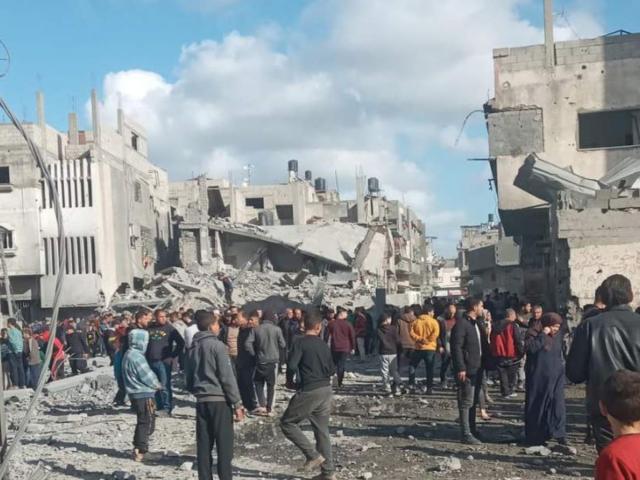The ongoing cease-fire negotiations in the Middle East have reached a pivotal phase, marking the most difficult period of dialogue in recent weeks. Despite the dedicated efforts of mediators from the U.S. and various Arab nations to forge an agreement that would end the violence in Gaza and facilitate the release of hostages, progress has been frustratingly slow, with the deadline of Ramadan fast approaching.
In an essential development, Abbas Kamel, the chief of Egyptian intelligence, played a crucial role in keeping Hamas engaged in the talks. Kamel persuaded Hamas to remain at the negotiation table for an extra day, despite the apparent lack of progress. Hamas has indicated a readiness to show the necessary flexibility to reach an agreement, highlighting its dedication to negotiations that meet the Palestinian people's interests and demands.
Negotiators in Cairo pursuing days-long pause to buy time for talks on longer truce
— i24NEWS English (@i24NEWS_EN) March 6, 2024
'I think more pressure on Hamas, Iran is needed to maximize achievements for Israel. Israel needs to impose red lines and can't bypass them,' says national security researcher Or Yissachar pic.twitter.com/Cr3P9DSxU2
A significant sticking point in the discussions is the question of allowing fighting-age men to return to the northern parts of Gaza during the cease-fire. Israel has isolated these areas to focus on targeting Hamas fighters, and an Israeli official has dismissed rumors that this matter is being discussed in the negotiations.
Israel, adhering to its policy of not engaging directly with Hamas, awaits comprehensive responses from the group. The key issues include the specifics about the Palestinian prisoners that Hamas wants in exchange for releasing each hostage, as well as the state of hostages who are sick, elderly, or female. Israel has stated it will not send a negotiation team to Cairo without this information. Conversely, Hamas has asked for a temporary halt in hostilities to gather the required details.
Israeli authorities are notably skeptical about the intentions of Hamas's leadership in Gaza, especially Yahya Sinwar. There is concern that their approach may not truly be aimed at reaching an agreement but rather at provoking further conflict in the region, particularly during Ramadan.
Cease-fire talks between Hamas and mediators broke up Tuesday in Cairo with no breakthrough, with just days left to halt fighting in time for the start of Ramadan.
— RaernGamingProduction (@RaernGaming) March 6, 2024
Gaza Cease-Fire Talks End With No Breakthrough as Ramadan Looms https://t.co/1l4aPlVw1s
Should the talks fail, Israel has signaled the possibility of a military operation in Rafah. This potential move has been met with caution from the U.S., which has emphasized the importance of minimizing civilian casualties. The devastating impact of the conflict is already clear, with health authorities in Gaza reporting a high death toll, primarily among women and children.
The conflict's broader geopolitical implications are significant, affecting global shipping routes and potentially increasing tensions with Hezbollah in Lebanon. The Biden administration, aware of the humanitarian crisis, has been a vocal proponent of a cease-fire. It underscores the critical need for a resolution that allows for more humanitarian aid.
As events continue to unfold, the international community remains hopeful for a diplomatic breakthrough that will lead to lasting peace and stability in a region that has long been plagued by conflict.


